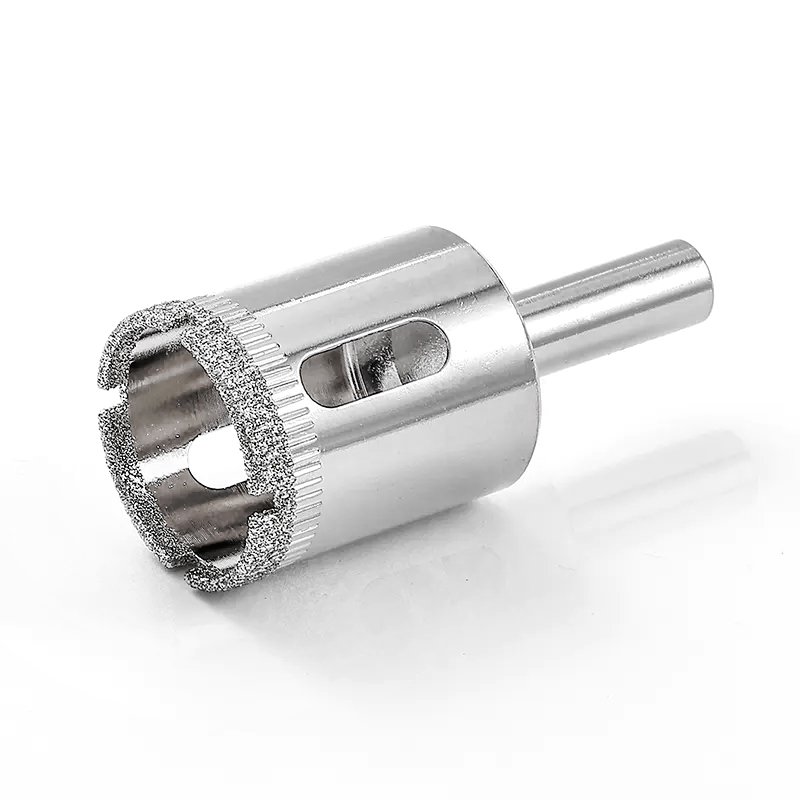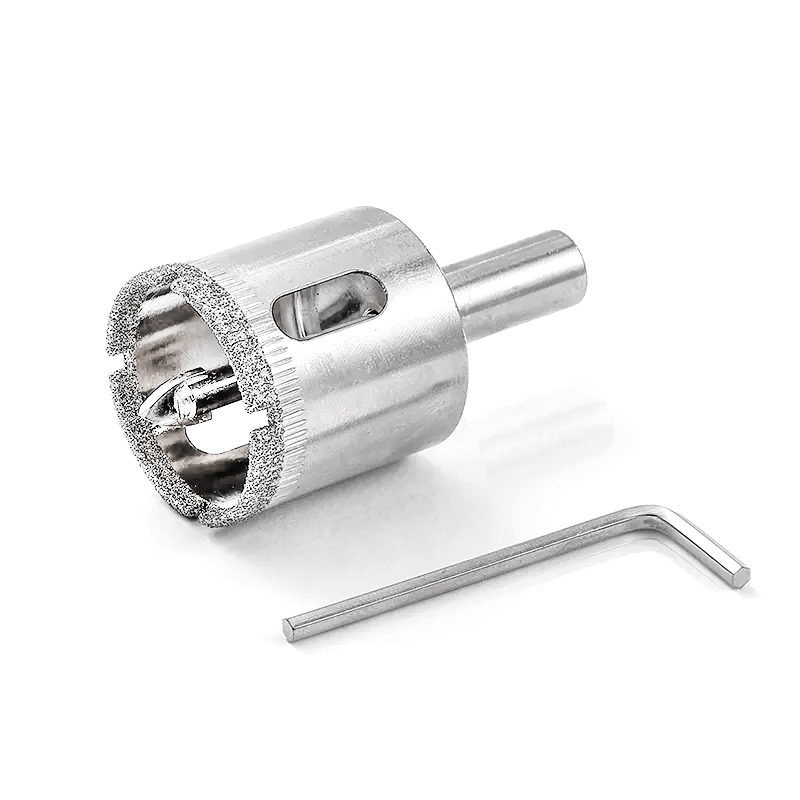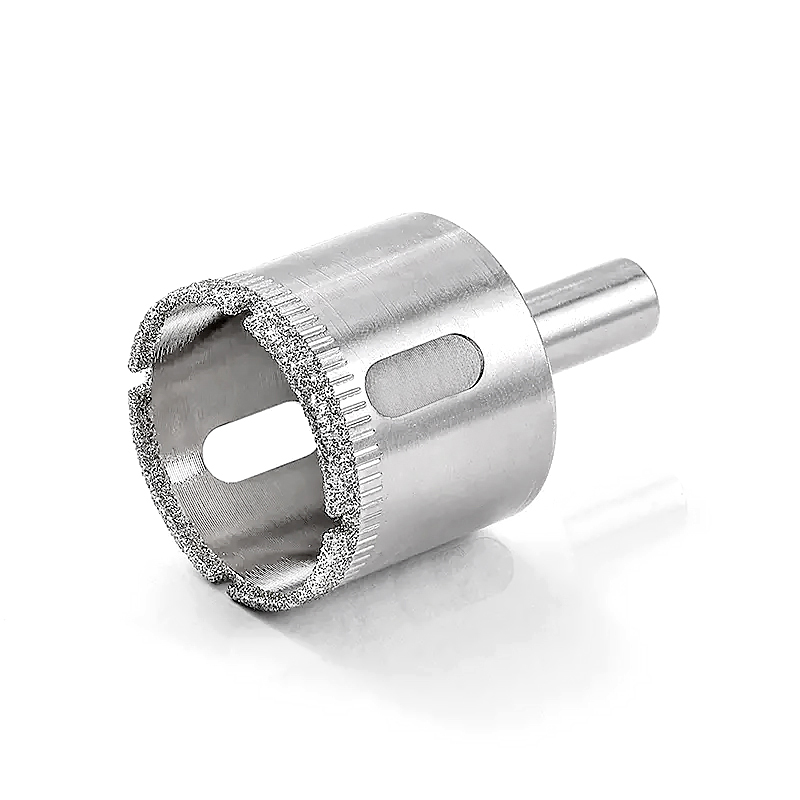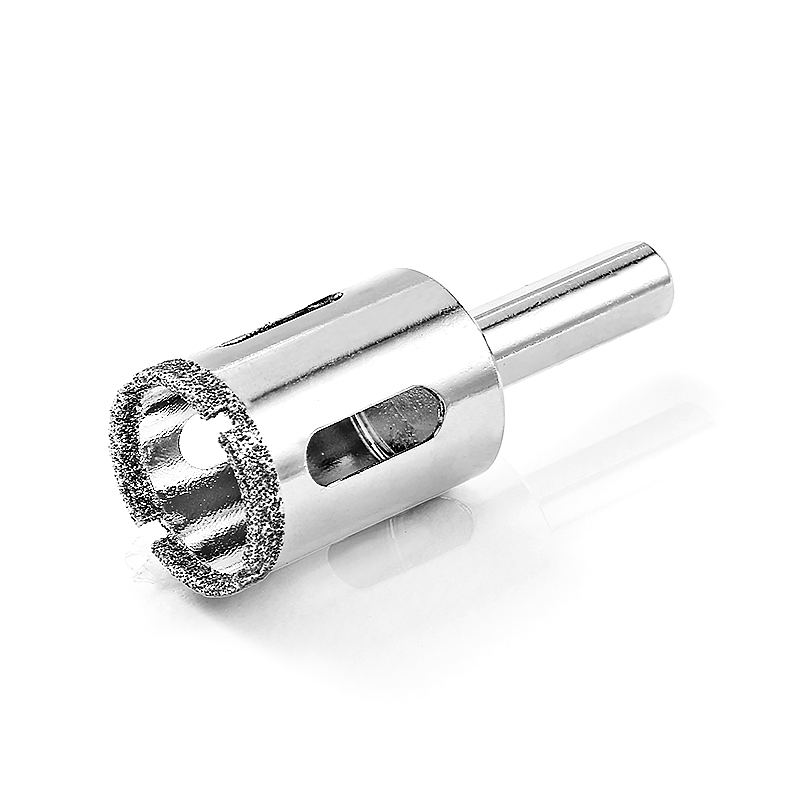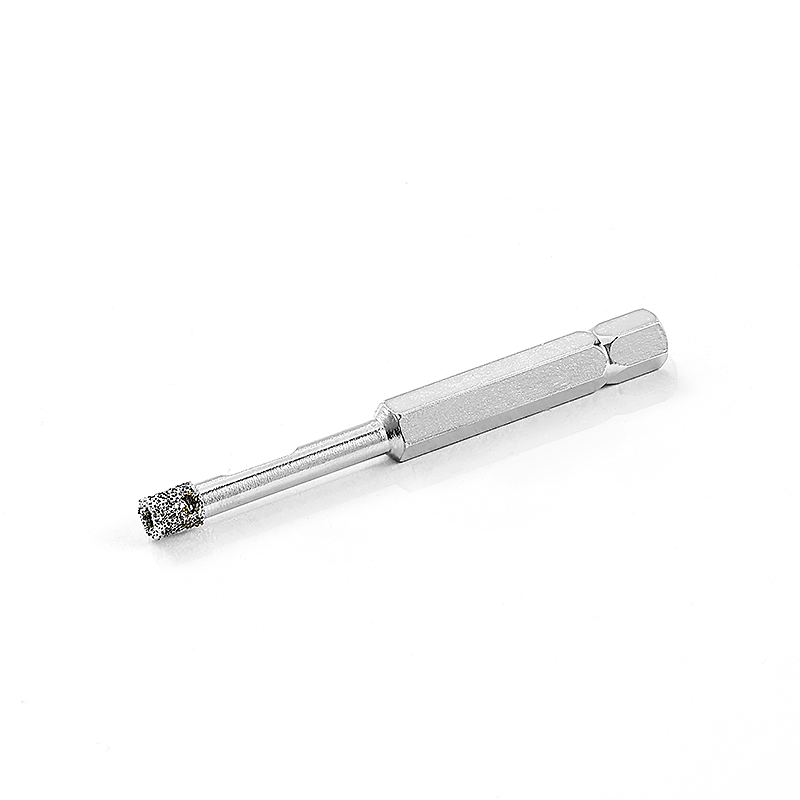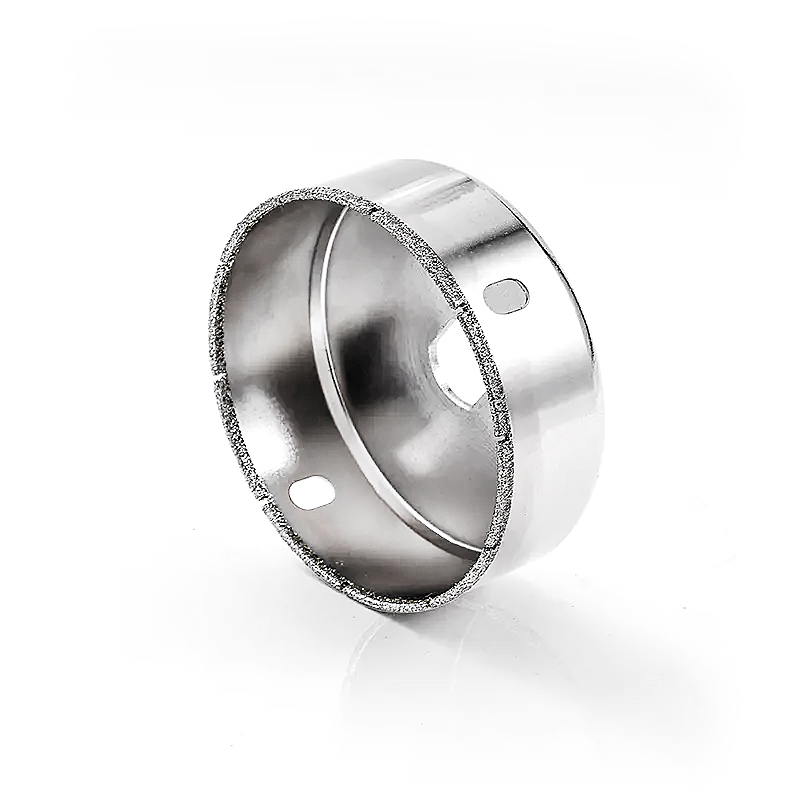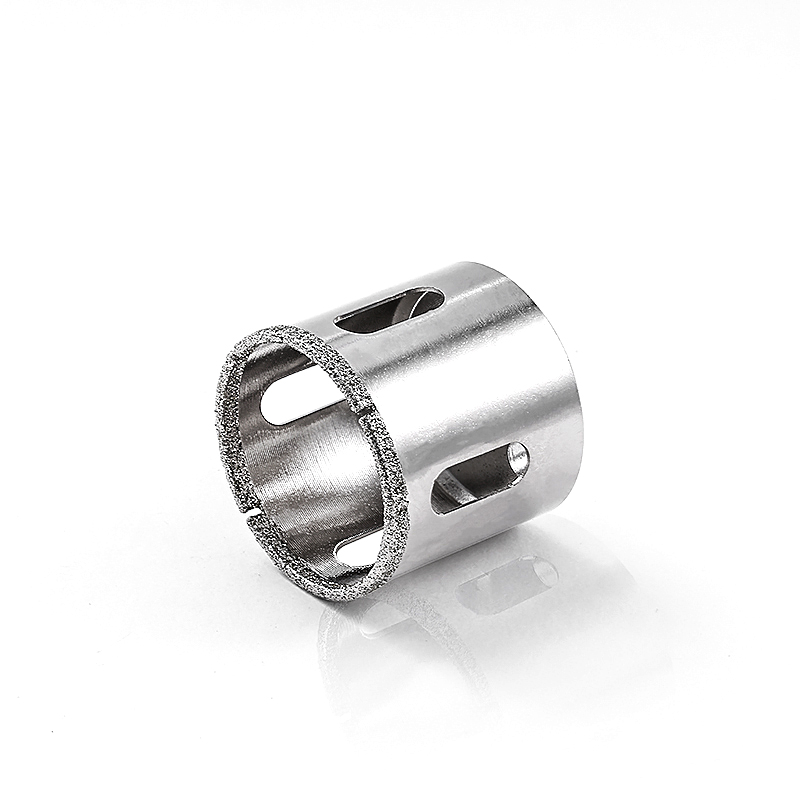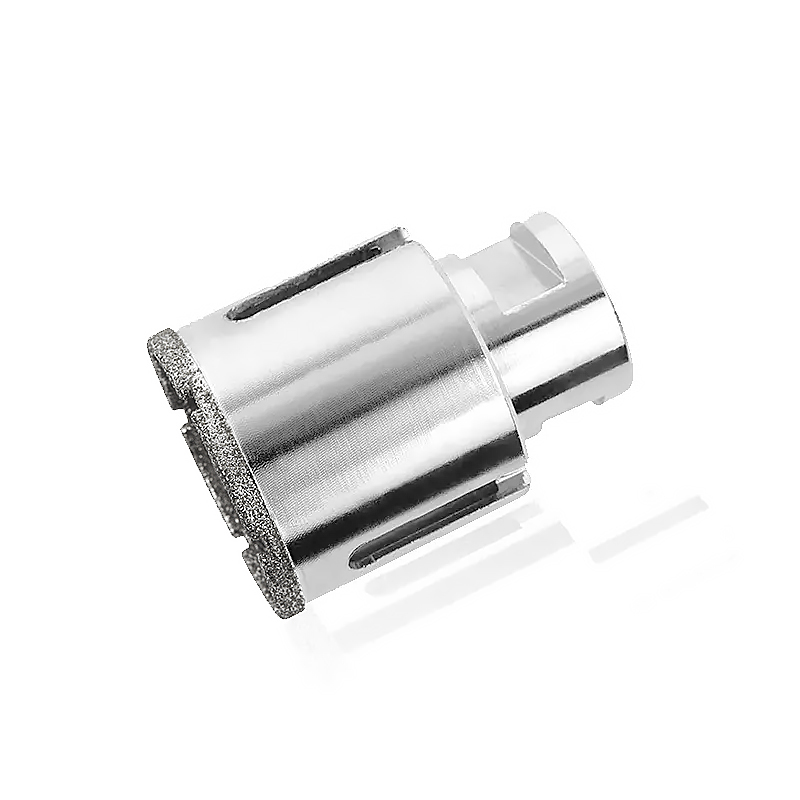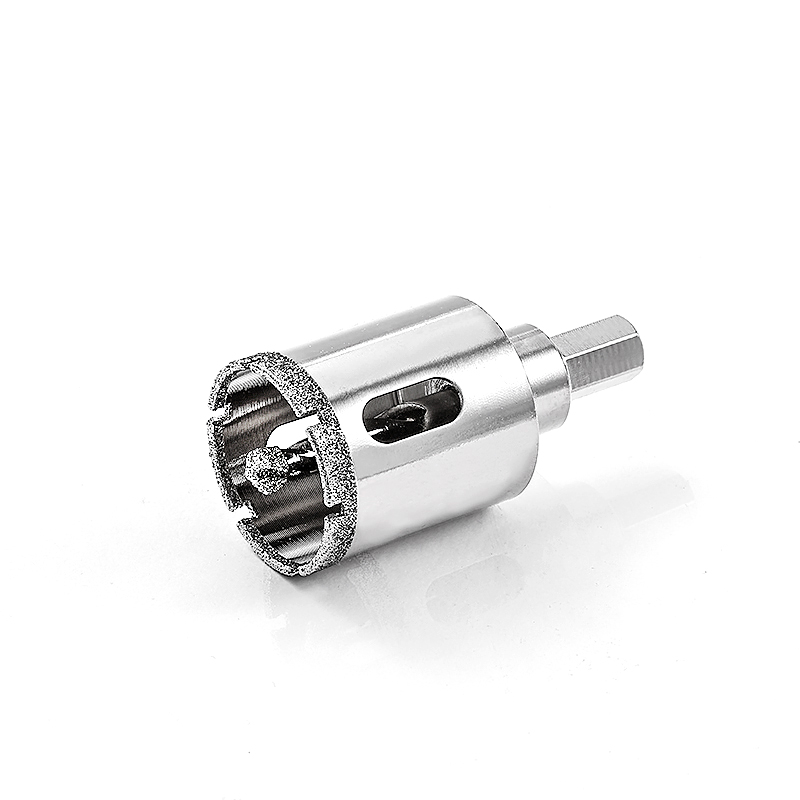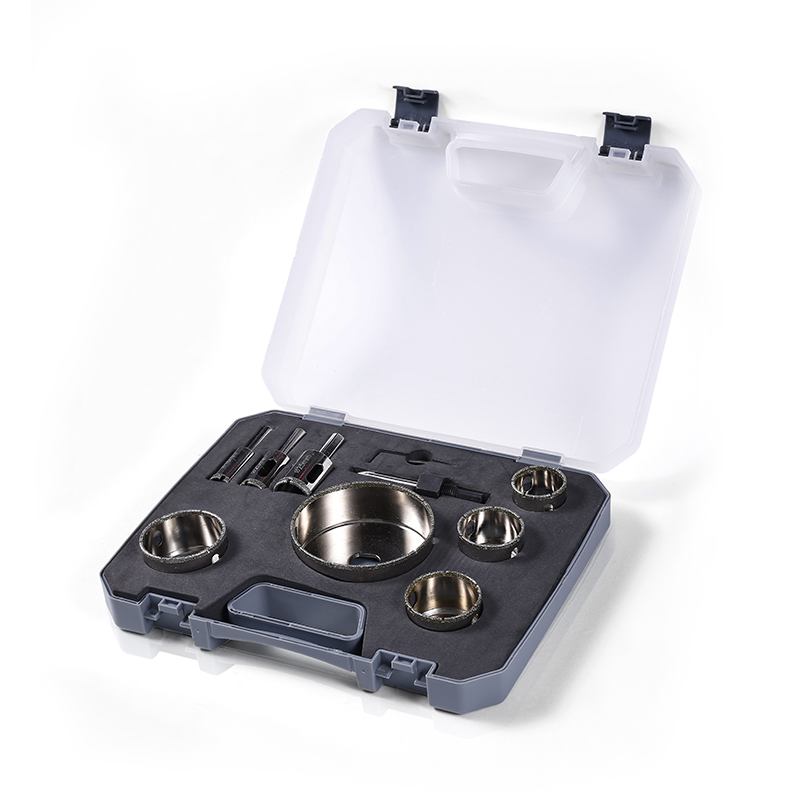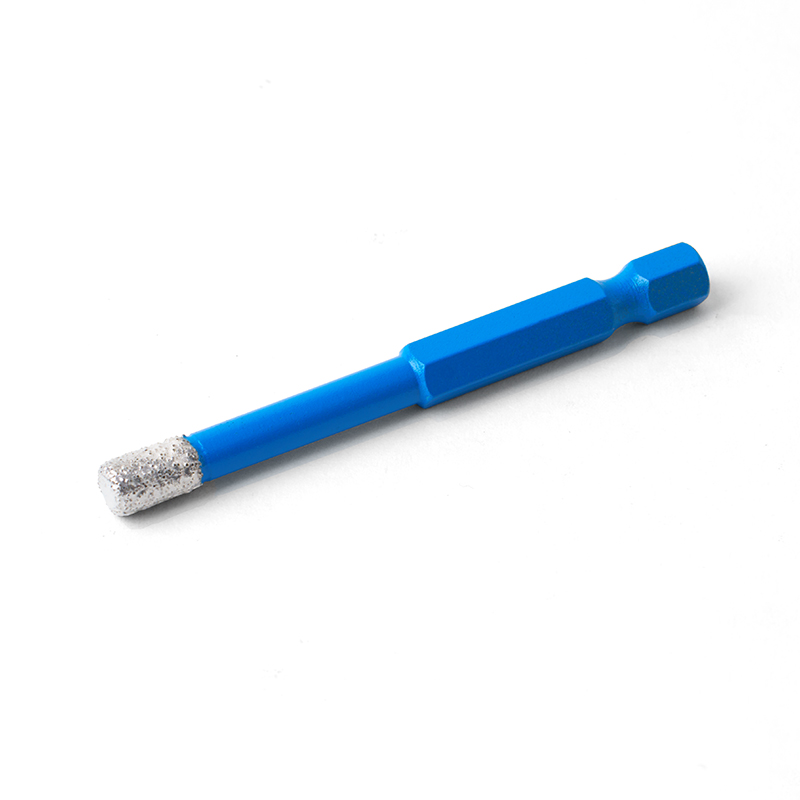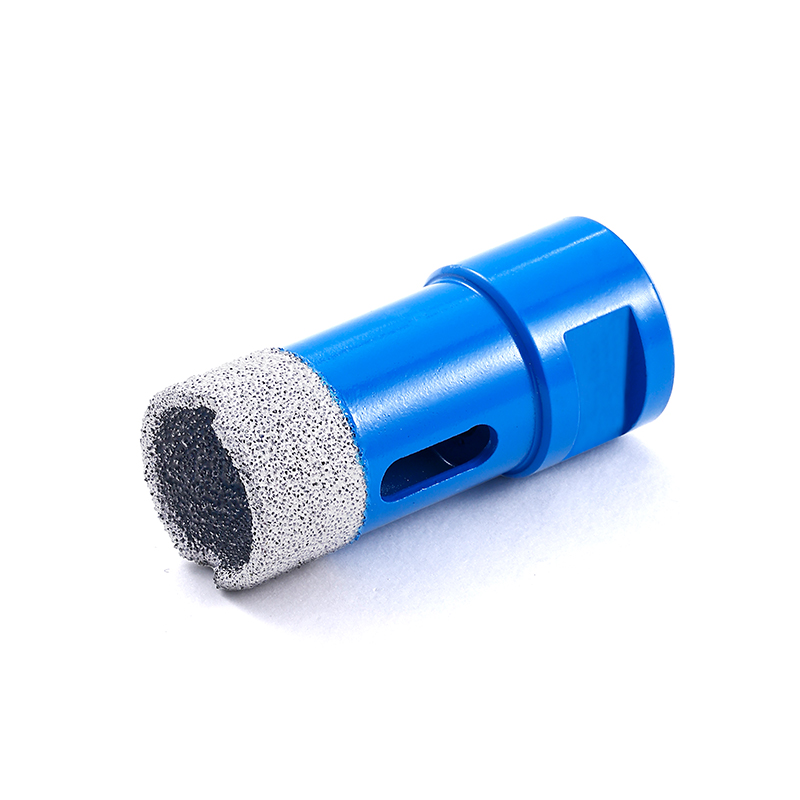Comparing Cutting Speed Between Diamond Wet Core Drill Bits and Dry Bits
When it comes to cutting through hard materials, the debate between diamond wet core drill bits and dry bits often takes center stage. These two types of drill bits are the go-to tools for professionals and DIY enthusiasts alike, each offering unique advantages and disadvantages. In this industry news piece, we'll take a closer look at how these two options stack up in terms of cutting speed, a key factor for many users when selecting the right tool for the job.
Speed and Efficiency
The primary reason people choose diamond wet core drill bits over diamond dry core bits is the speed at which they can cut. Diamond wet core drill bits are known for their ability to maintain a cooler cutting surface, which prevents the drill bit from overheating and allows for faster, more efficient drilling. In contrast, diamond dry core bits can heat up quickly, which may cause slower cutting speeds and potential damage to the bit itself.
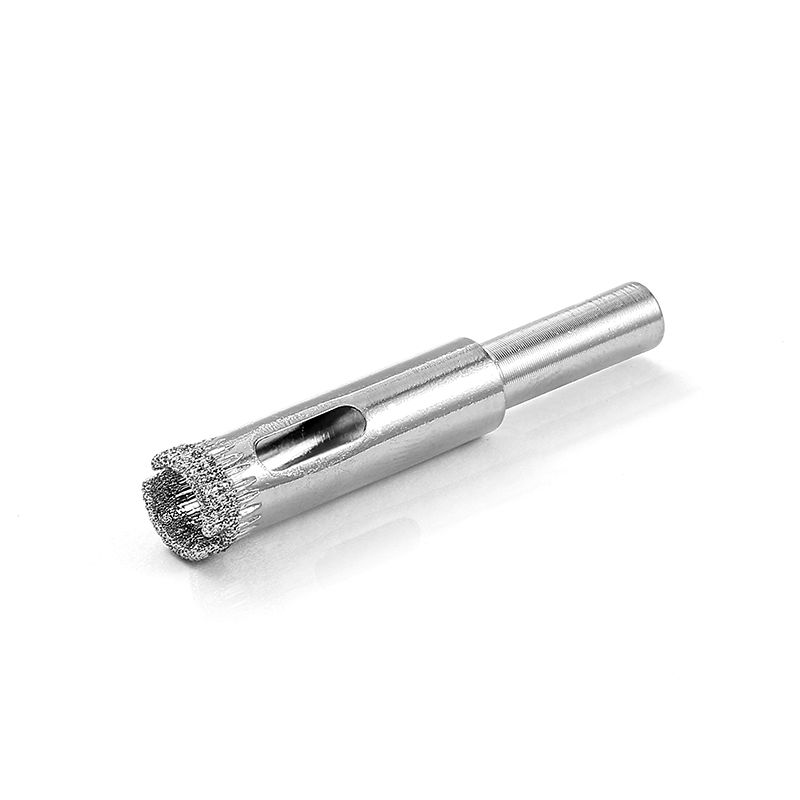
Coolant Consideration
One of the main factors contributing to the speed advantage of diamond wet core drill bits is the use of coolant. The coolant helps to dissipate heat and lubricate the cutting surface, reducing friction and wear on the bit. This is particularly important when working with hard materials like concrete or granite. Diamond dry core bits, on the other hand, do not have this advantage, and as a result, they can experience increased wear and slower cutting speeds.
Durability and Longevity
Another angle to consider is the durability and longevity of diamond wet core drill bits versus diamond dry core bits. Diamond wet core drill bits, due to their cooling mechanism, tend to last longer as they are less prone to heat damage. This means that while the initial investment might be higher, the long-term cost-effectiveness is often greater with diamond wet core drill bits. Diamond dry core bits, without the cooling system, can wear out more quickly, necessitating more frequent replacements.
Versatility in Application
Versatility is another area where diamond wet core drill bits often outperform diamond dry core bits. Wet drilling allows for a wider range of applications, including those in damp or wet environments where dry bits would struggle. Diamond dry core bits are more limited in their application, as they are suited for dry, indoor environments where dust control is not a primary concern.
Noise and Dust Control
When it comes to noise and dust control, diamond wet core drill bits have the upper hand. The use of water or other coolants not only cools the bit but also helps to suppress dust, making the drilling process quieter and cleaner. Diamond dry core bits, without this feature, can create a significant amount of dust and noise, which can be a concern in residential or sensitive environments.
Ease of Use
Ease of use is a factor that cannot be overlooked. Diamond wet core drill bits require a separate water supply, which can add complexity to the setup process. However, for many, this is a small price to pay for the increased cutting speed and reduced wear. Diamond dry core bits are simpler to use, as they do not require a water source, making them a more straightforward choice for quick jobs or those without access to a water supply.
Cost Considerations
Cost is always a consideration when choosing between diamond wet core drill bits and diamond dry core bits. Wet core drill bits are generally more expensive upfront due to their design and the need for a water supply system. However, their longer lifespan and faster cutting speeds can offset this cost over time. Diamond dry core bits are more affordable initially, but their shorter lifespan and slower cutting speeds may cause higher overall costs.
